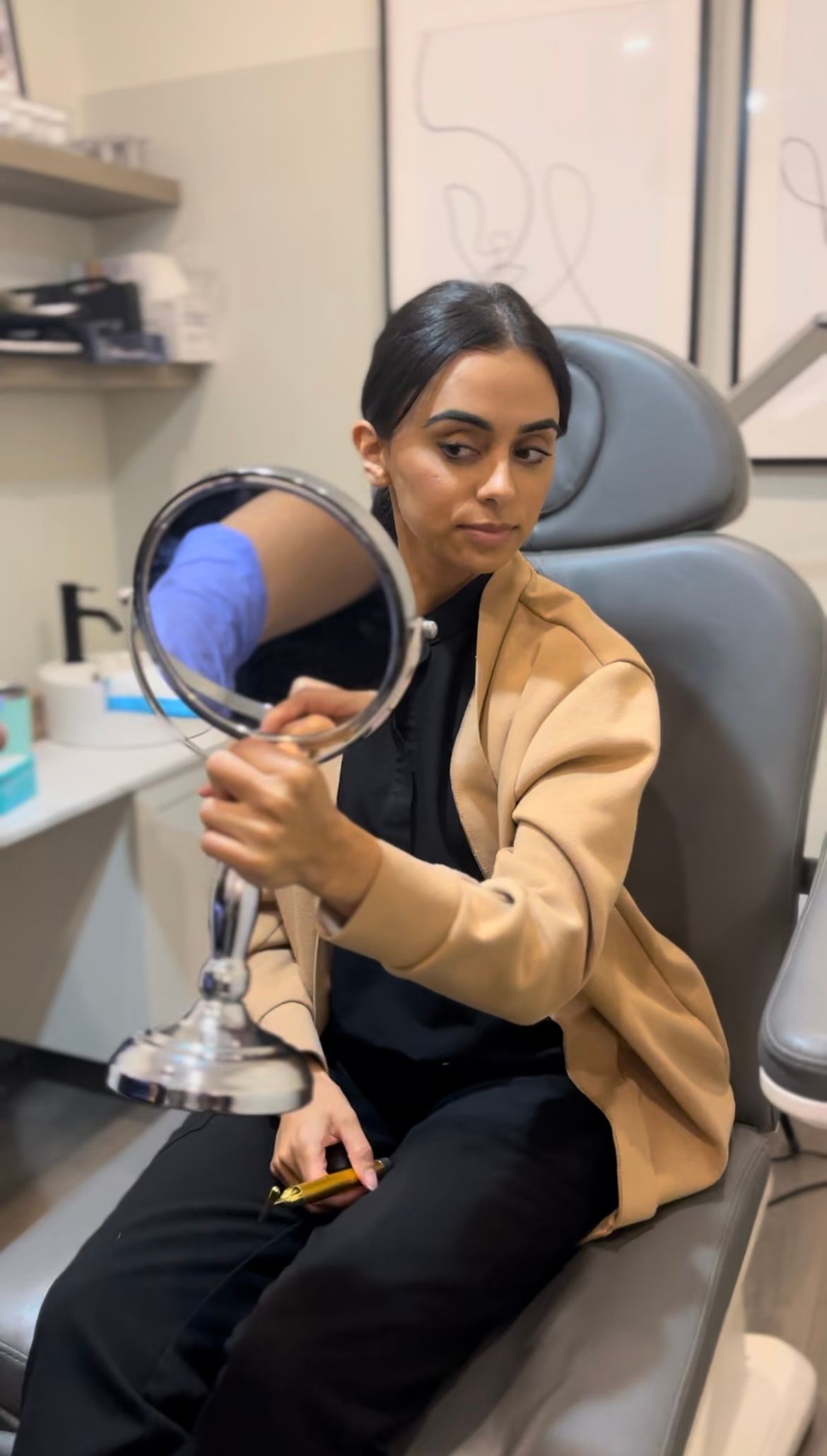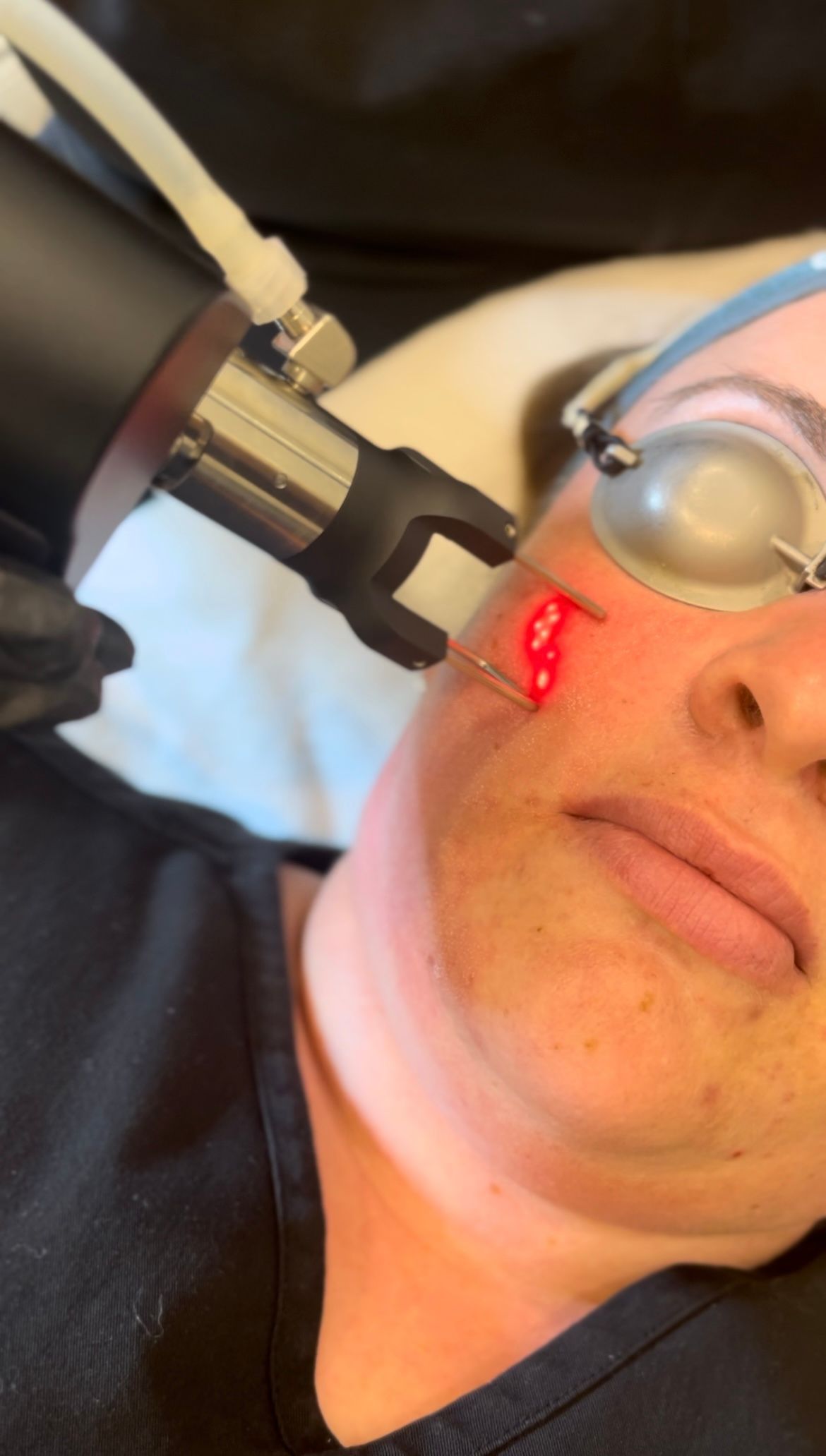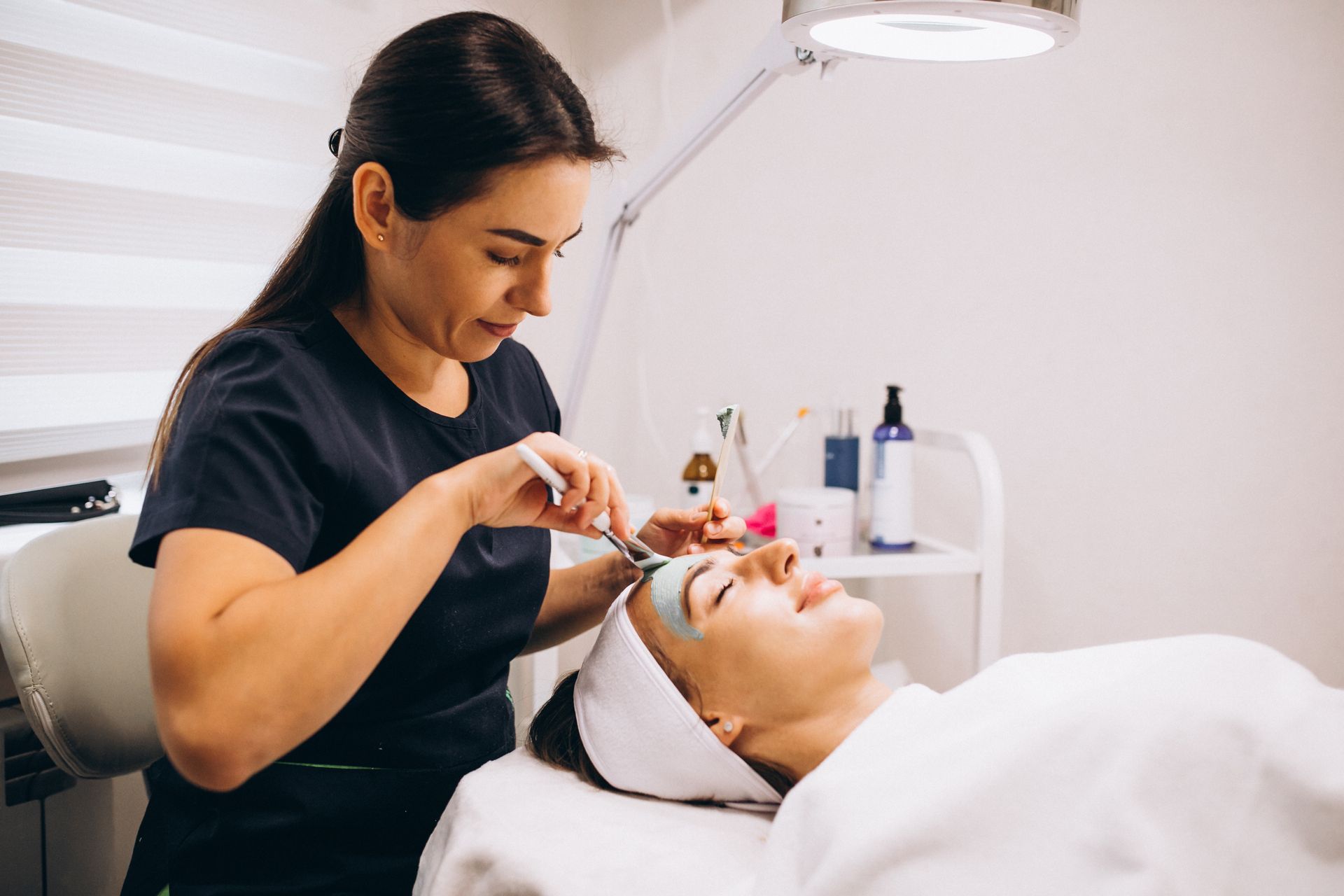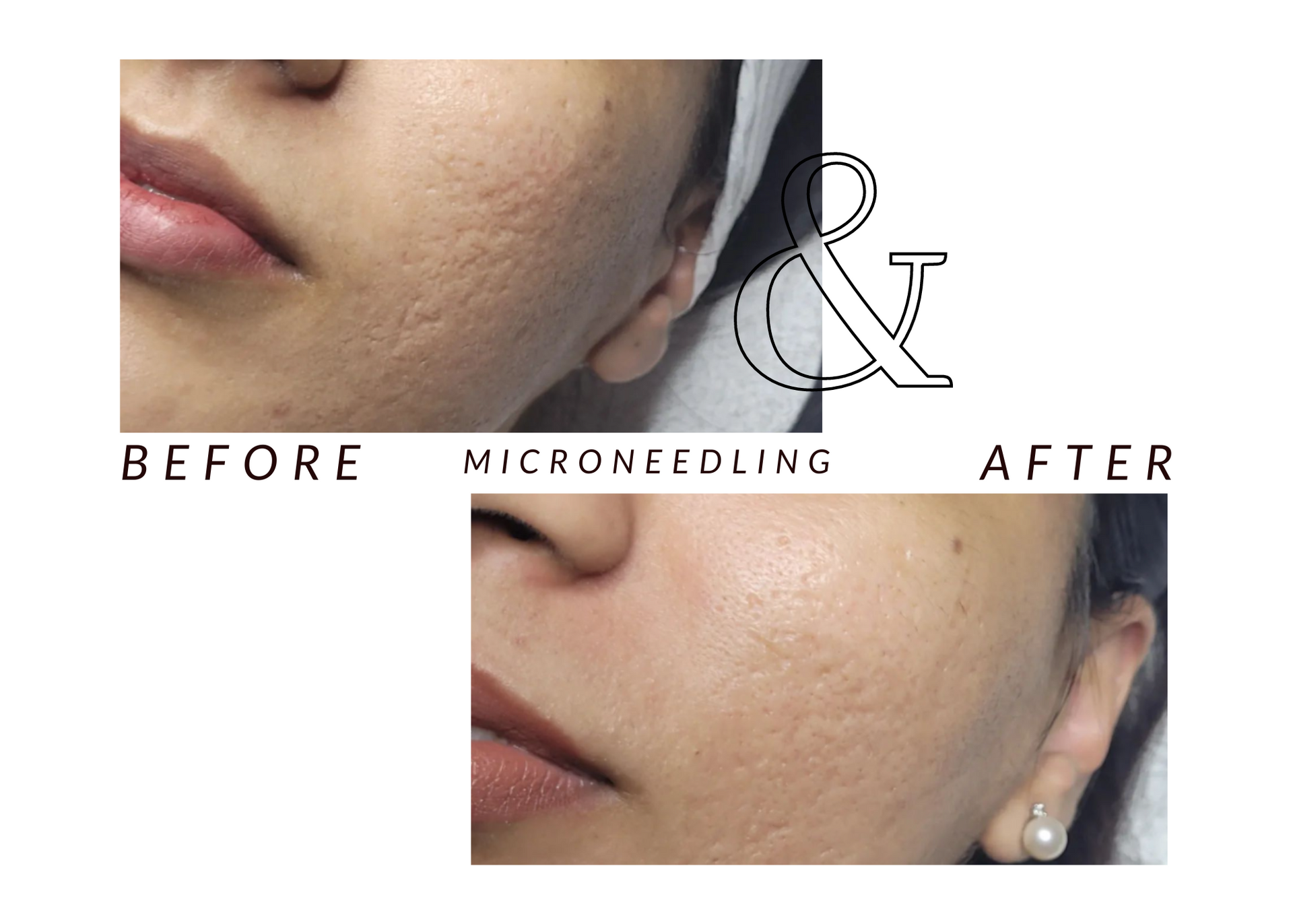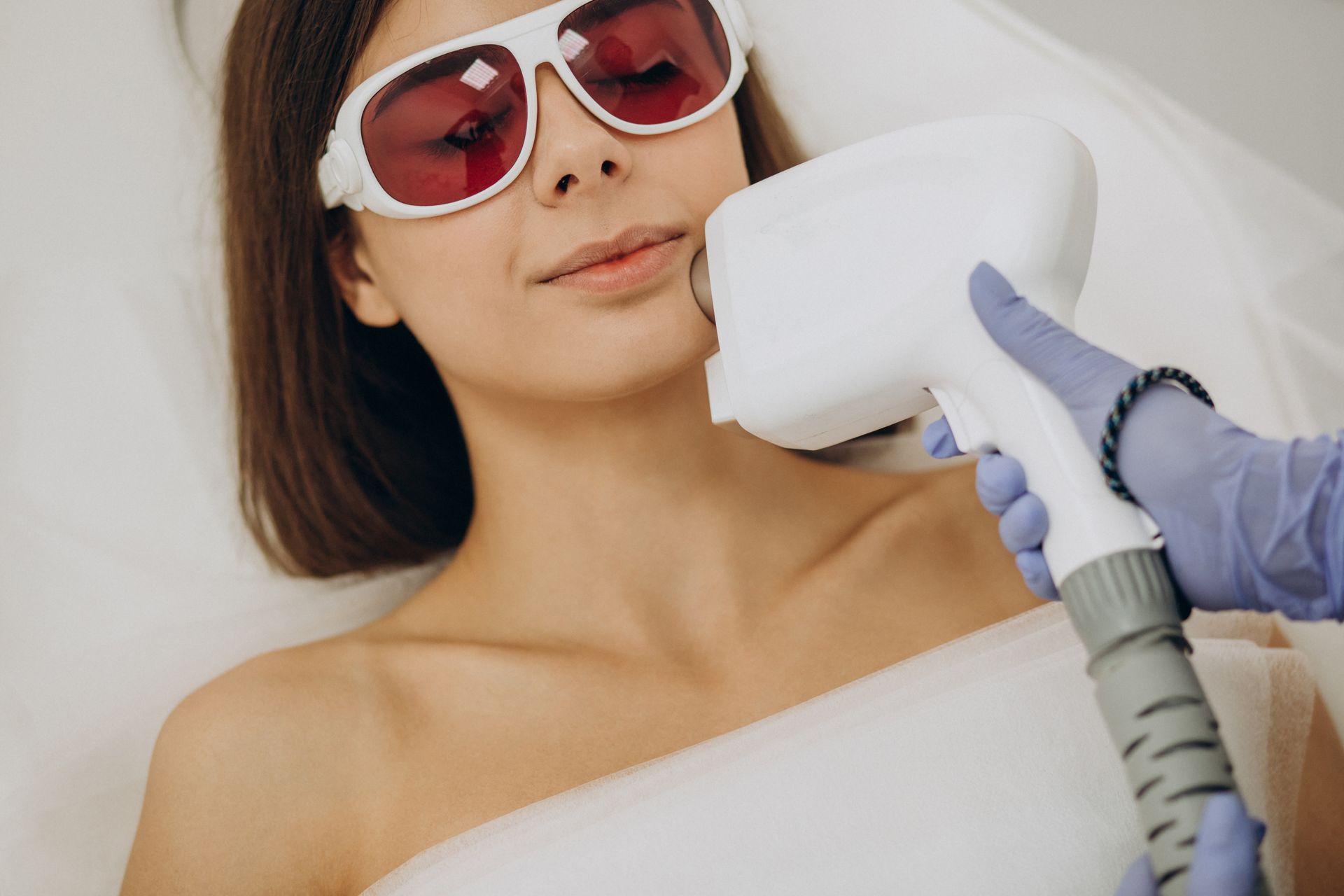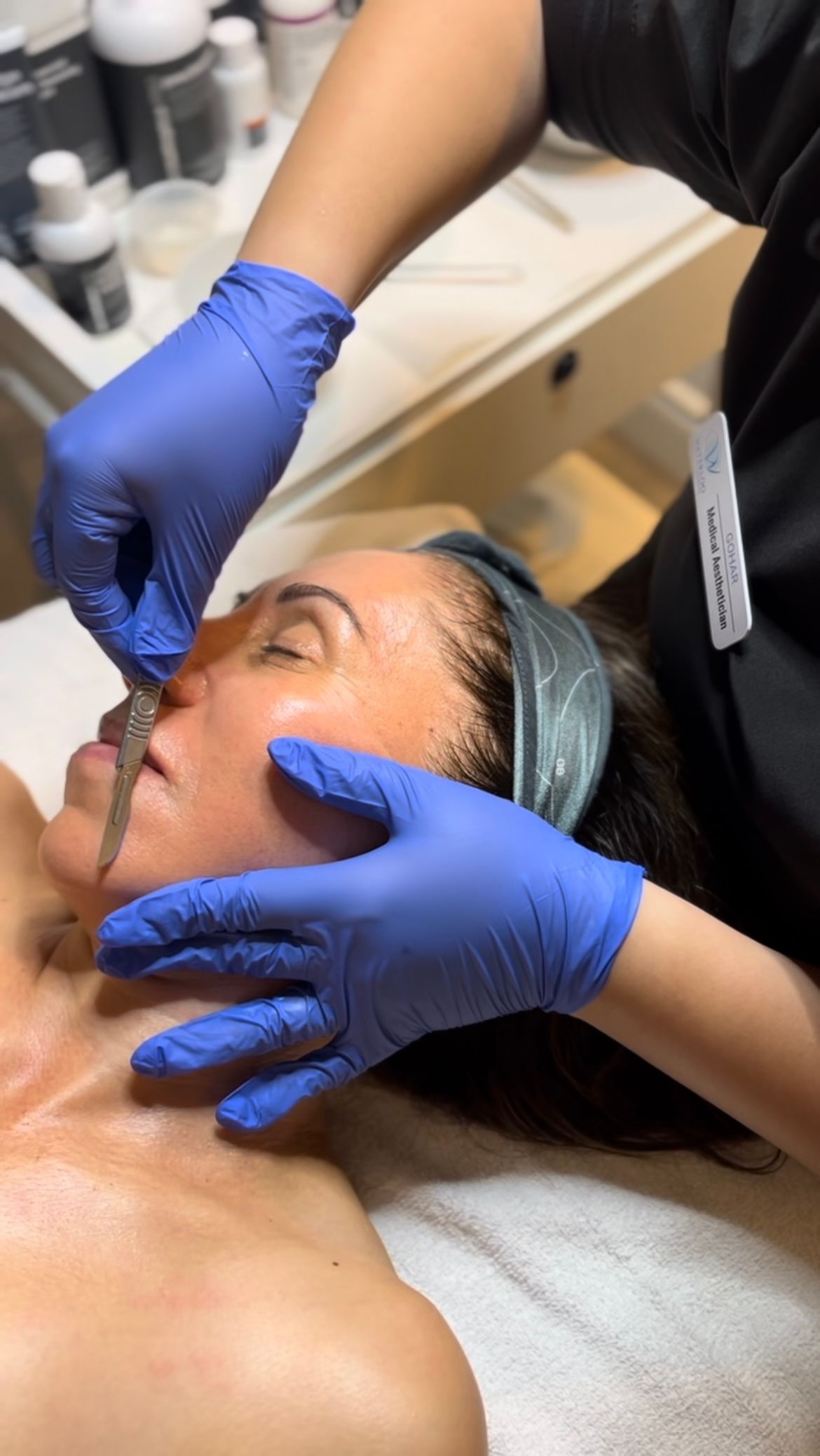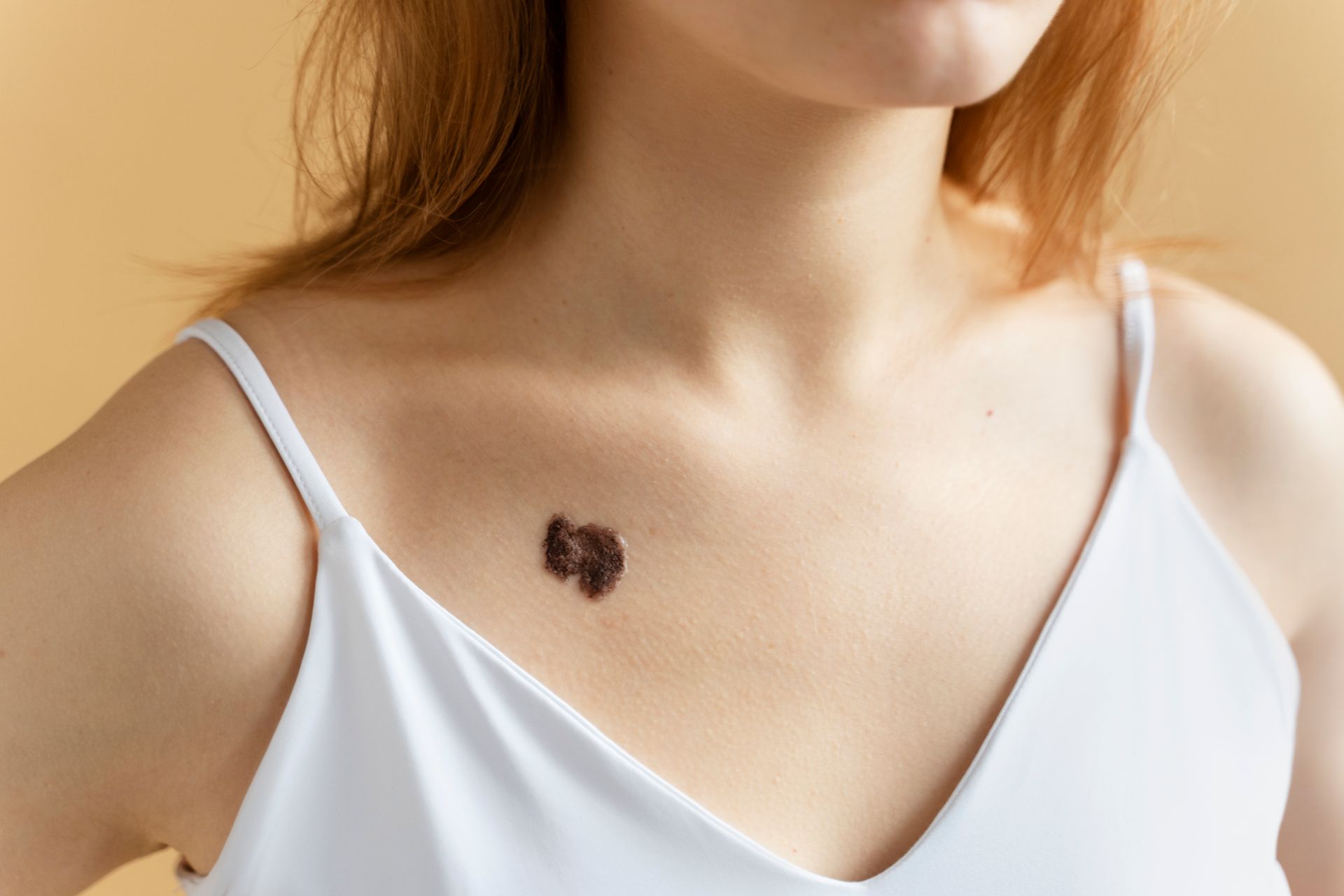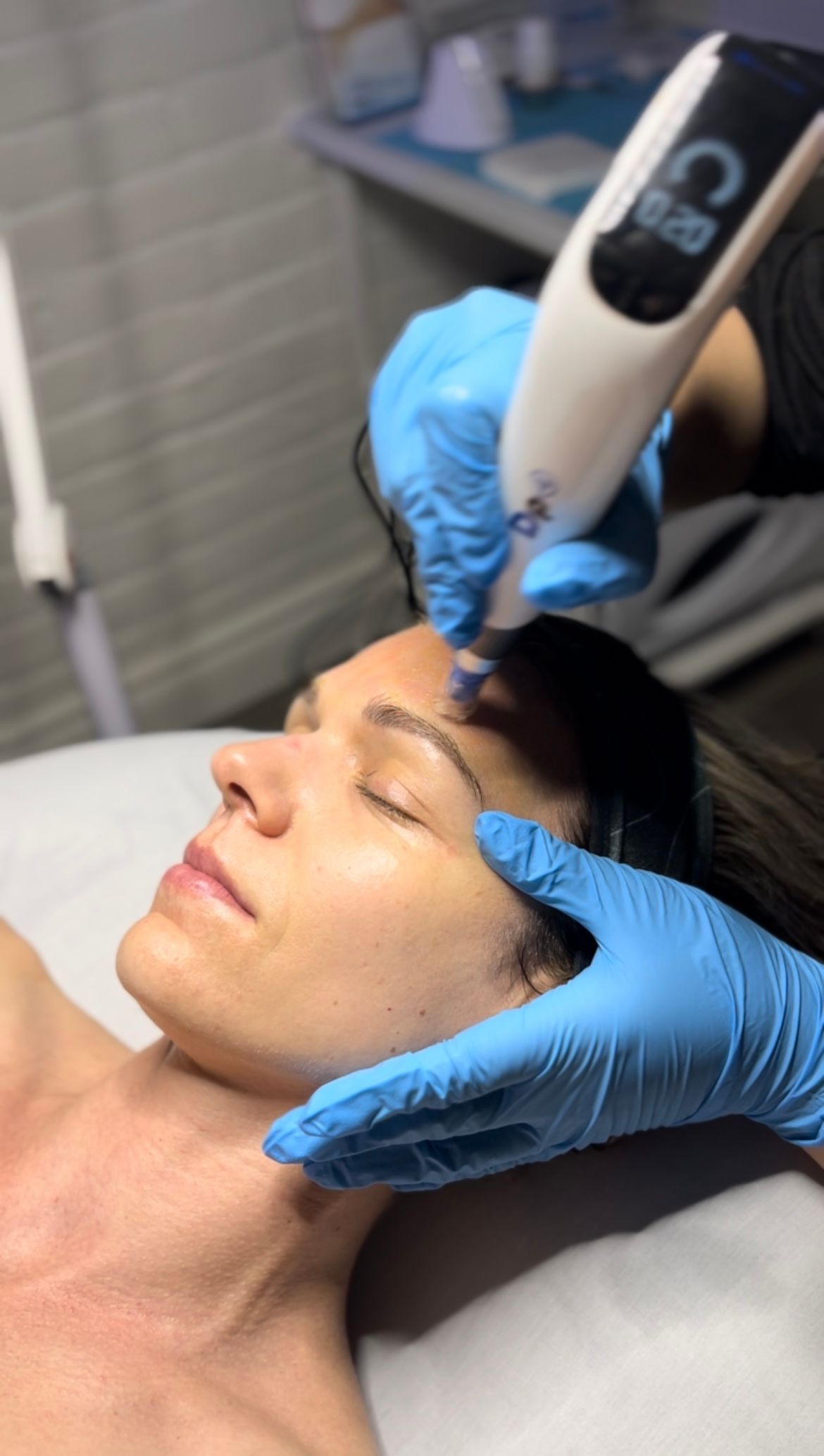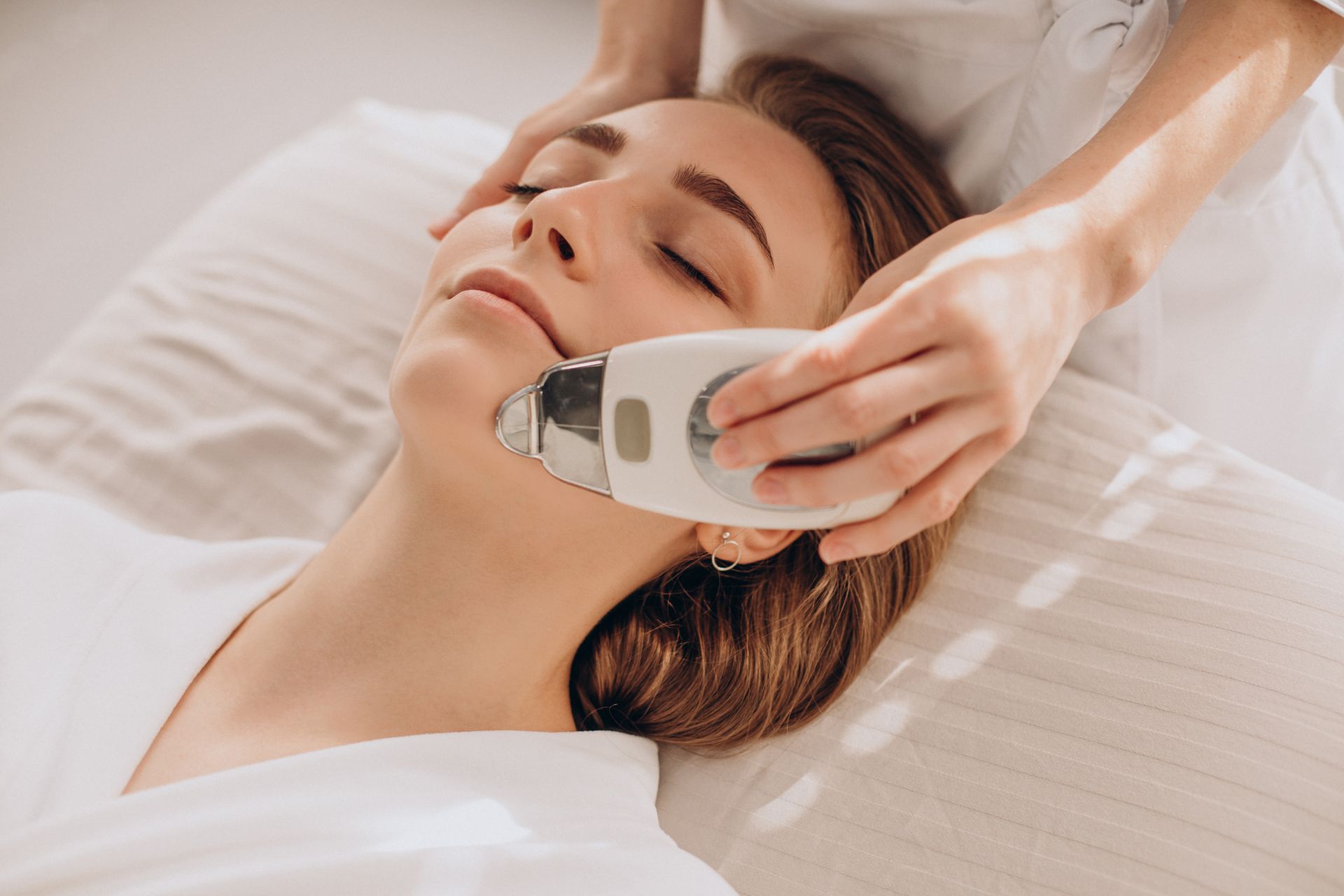Dental Grinding: Causes, Effects, and How Botox Can Help
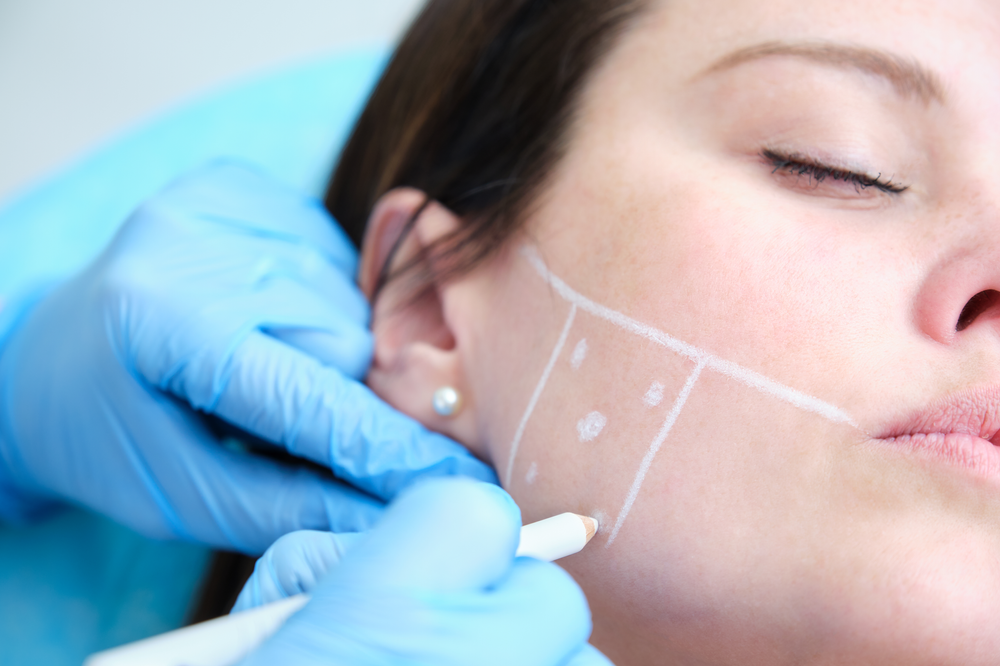
Dental grinding, also known as bruxism, is a common problem experienced by many individuals. It involves the grinding and clenching of teeth, predominantly during sleep, which can lead to several oral and overall health complications. In this blog post, we will explore the causes of dental grinding, its effects on your health, and how Botox can help alleviate this condition.
Causes of Dental Grinding:
There are several factors that can contribute to the development of bruxism, such as:
1. Stress and anxiety:
Emotional stress and anxiety are the most common causes of dental grinding. People who suffer from these issues are more likely to unconsciously clench their teeth during sleep.
2. Sleep disorders:
Individuals with sleep disorders such as sleep apnea are more prone to developing bruxism. Research suggests that the grinding may be a response to the restricted airflow that occurs during episodes of sleep apnea.
3. Abnormal bite and misaligned teeth:
An abnormal bite or misaligned teeth can create an uneven pressure on the jaw, leading to grinding as a way to compensate for the imbalance.
Effects of Dental Grinding:
1.
Tooth damage:
Continuous grinding can wear down the tooth enamel, making the teeth more susceptible to decay, sensitivity, and even fractures.
2. Jaw pain and TMJ disorders:
The constant clenching and grinding can put immense stress on the temporomandibular joints (TMJ), which can result in jaw pain and discomfort.
3. Headaches and migraines:
Bruxism can lead to tension headaches and migraines, often experienced in the morning upon waking up.
4. Sleep disruption:
The noise produced during teeth grinding can disrupt not only the individual's sleep but also the sleep of any bed partners.
How Botox Can Help:
1. Relieves muscle tension:
Botox, or botulinum toxin, is a popular treatment for a variety of cosmetic and medical conditions. When injected into the masseter muscles (the muscles responsible for chewing), it can help relax the tension that contributes to dental grinding.
2. Reduces pain and discomfort:
As Botox alleviates muscle tension, it can also help reduce the jaw pain and discomfort associated with bruxism.
3. Prevents tooth damage:
By reducing the frequency and intensity of grinding, Botox can help prevent the potential tooth damage caused by bruxism.
4. Non-invasive procedure:
Botox injections for dental grinding involve a quick and non-invasive procedure performed by a licensed professional. The effects of the treatment typically last from three to six months, after which the treatment may be repeated if necessary.
Dental grinding is a common issue that can lead to a range of detrimental effects on an individual's oral and overall health. Botox injections have shown promising results in reducing the symptoms associated with bruxism, providing relief to many patients. At Waterloo Medical Cosmetics, our team of experienced professionals is dedicated to helping you achieve optimal health and well-being. Contact us today to learn more about how Botox can help you manage dental grinding and achieve a more beautiful and healthy smile.

